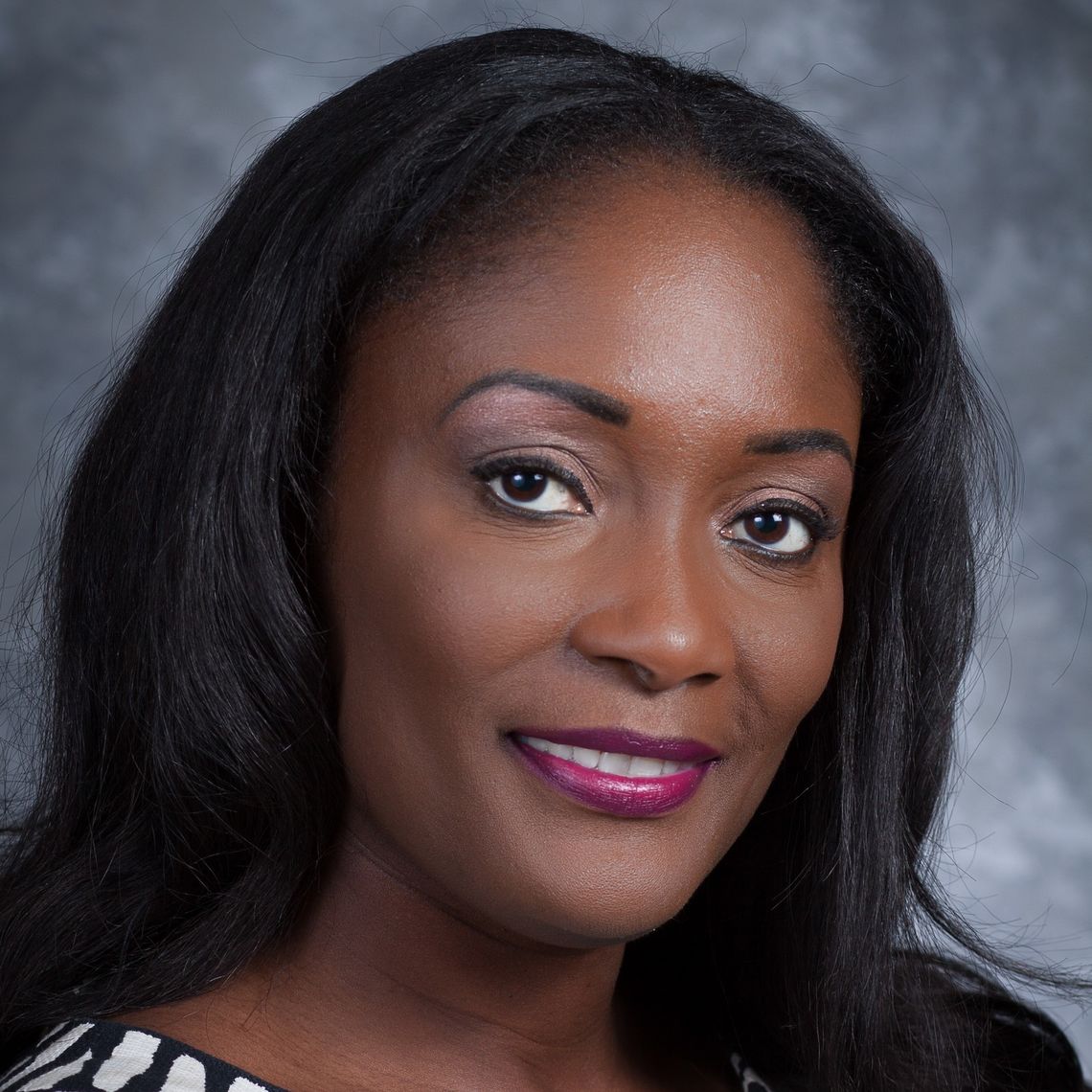Giving Faculty the Resources They Need
As Director of the Faculty Institute of Teaching and Learning at Miami Dade College, Nyaesia Campbell is committed to giving her faculty the resources they need to engage students.
When students are absorbed in their learning, says Campbell, big shifts happen in their education — and ensure their future success.
"Our goal is to improve retention rates, to engage students, and to make sure that they're prepared — whether that's to go into the career fields or to go on to other institutions," says Campbell, noting that some Miami Dade College students transfer into Ivy League institutions.
Thanks to a grant from the Department of Education, the Faculty Institute is able to provide resources and training for three different pedagogies that give students more agency over their own learning: Peer-Led Team Learning (PLTL), Differentiated Instruction (DI), and —beginning this fall — POGIL.
PLTL "engages students in a small group outside the classroom setting," Campbell explains, where trained peer leaders facilitate learning for other students under the direction of their professors. DI, on the other hand, encourages faculty to regularly change their mode of instruction to better meet student needs.
The POGIL method fits right into this teaching environment, says Campbell, and faculty went into the summer vacation energized by the spring POGIL workshops held on campus.
"With POGIL, you have a differentiated instruction component, and you also have the student plus faculty engagement component, which is very important when it comes to what we're trying to do," Campbell says.
Campbell is also excited to bring POGIL to faculty members who work in the humanities and social sciences, something that she knows will be relatively new for The POGIL Project as an organization.
"Because we provide professional development across all disciplines, we open POGIL up across all different disciplines, as well," says Campbell. "I think that makes us a little unique."
The Miami Dade faculty who attended POGIL's summer writing retreat teach in the Education and English departments, and Campbell says she's also received enthusiastic feedback about workshops from faculty members in fields as diverse as business, engineering and technology, media, and world languages.
The next round of POGIL workshops will help instructors write activities and prepare to implement POGIL in the classroom. A year from now, says Campbell, she hopes POGIL will be "a household name" at Miami Dade, just like PLTL and DI.
"Learning something new can be a daunting task for educators who have so much on their plate," says Campbell. "It's great to be able to have educators walk away from professional development feeling just as confident about something new as they are about something that they're already familiar with."
